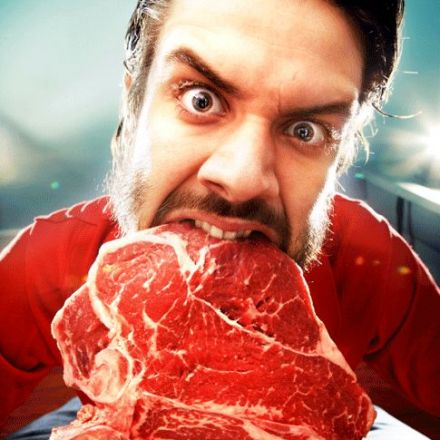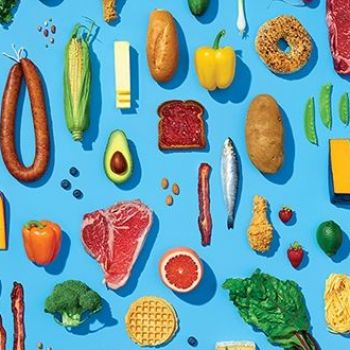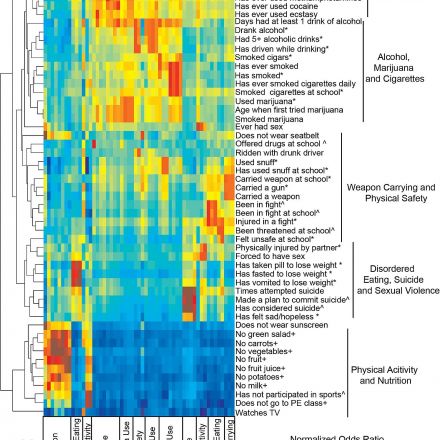

10 years ago
9
Are meat eaters generally healthier? This study may surprise you.
Population-based studies have consistently shown that our diet has an influence on health. Therefore, the aim of our study was to analyze differences between different dietary habit groups in terms of health-related variables. The sample used for this cross-sectional study was taken from the Austrian Health Interview Survey AT-HIS 2006/07. In a first step, subjects were matched according to their age, sex, and socioeconomic status...
Continue Reading


























Join the Discussion
Yet the vegetarian agenda will always be pushed along with the low fat stupidity. That being said,this is an observational study which does not mean much in the greater scheme of things. I'll have some of that pork. :)
Slide some over this way. Humans have been eating meat for thousands of years, and only during major famine did they resort to eating a purely plant based diet. Our bodies were designed to be carnivorous, so I will stick with that..
BTW, I like my veggies too.. in fact I feel that just eating meat isn't as satisfying as mixing it up with some greens and starch.
I feel vindicated. Thank you Austrian study!
Meat in moderation I am sure is fine,but where you buy the meat from is the question. Is the meat safe with what the meat companies do to the meat? Should we only eat organic meat?
[This comment was removed]
This is interesting, because it contradicts other studies. Here is a post I made recently which looked at some recent information which kind of came to the opposite conclusion.
Although one thing you do need to be careful of if not eating meat is Vitamin B12 deficiency. But even meat eaters can become deficient in that if their digestive system struggles to absorb it.
Also, everyone is different. For me personally, if I eat red meat I get a terrible stomach ache. The same was true with my mum. I seem to digest fish easily though.
But to be fair, there's a huge difference between good quality fresh meat and the kind of rubbish processed meat that a lot of people eat, e.g. burgers, sausages, processed ham, etc. And also, I'm sure there are many "vegetarians" who have very unhealthy diets, simply because they cut out meat without any knowledge of good nutrition. You still need to make sure you get your protein and nutrients.
As in most studies scientific or otherwise, no matter the subject, the conclusion(s) will most usually support the hypothesis.
Generally, it is best to be a little bit skeptical of whatever the latest study shows. If someone is genuinely interested in improving their health, there are 3 really good things that they can do:
1. Read books written by respected authors. Preferably ones that don't have anything else to sell other than the books.
2. Try things out for yourself. Change your diet and see if you feel better or worse.
3. Discuss with other people who are interested in health and nutrition, see what works for them.
There is a lot of misinformation out there. For example, drug companies will release scare stories about nutritional supplements because they want everyone taking their drugs instead. But supplement companies may be biased too because they want you buying their supplements. Someone claiming that a certain wonder food will solve all your problems, will probably want to sell you it. The dairy industry will tell you that you need milk for calcium (not true), because they want to sell you milk.
The best experts are the ones who have no products to sell you. For example, take Andrew W. Saul, the editor of the Orthomolecular Medicine News Service. He's a nutritional expert, but he refuses to ever recommend any specific products. He'll tell you which nutrients are good to supplement, and will back it up with research. But he doesn't have his own range of supplements to sell, and never pushes any particular brand onto you.